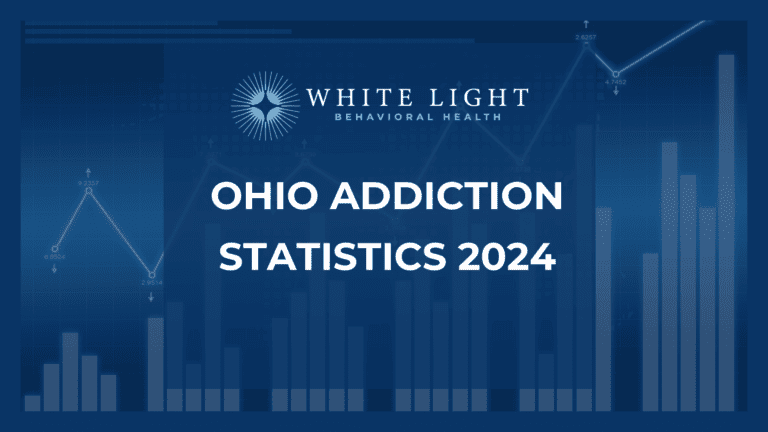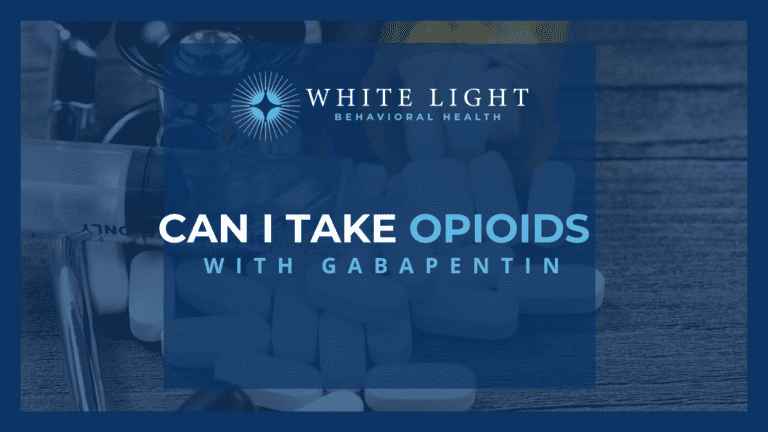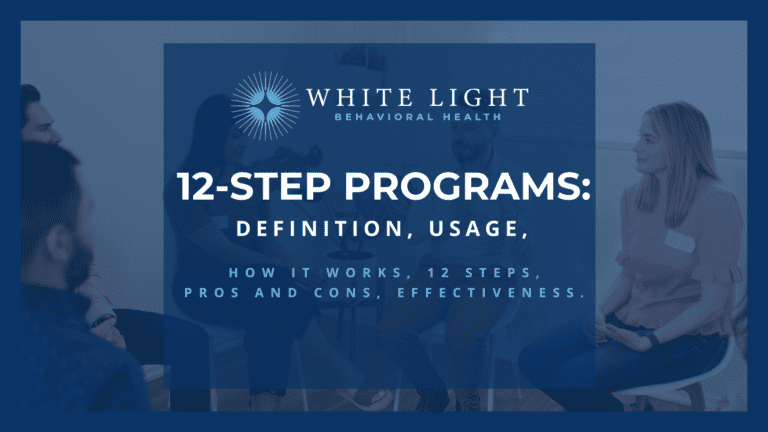
Facing a mental disorder can feel overwhelming, but you don’t have to navigate this path alone. At White Light, we offer a guiding light towards recovery, providing comprehensive mental disorder treatment with compassion and expertise. Here, every individual is seen and valued, not just for the challenges they face but for the strengths and potential they hold.
Our program is a blend of expert care, innovative therapy, and personalized support designed to address your unique journey towards wellness. Our dedicated team is committed to your recovery, offering the tools and encouragement needed to rebuild a life filled with hope and fulfillment.
Join us at White Light, where your journey to wellness is supported every step of the way. Welcome to a place of healing, understanding, and growth.
What Is Mental Disorder Treatment?
Mental Disorder Treatment is a comprehensive approach to diagnosing, treating, and managing mental health conditions through a combination of therapies, medication, and supportive services. At White Light, our program encompasses a comprehensive approach to treating individuals with mental health issues. By choosing White Light, individuals step into a community committed to their recovery, offering the expertise, care, and comprehensive support needed to navigate the path to lasting psychological well-being.
Who Needs Mental Disorder Treatment?
- Our mental disorder treatment program is designed to offer hope and healing for those who find themselves struggling with psychological challenges that disrupt their daily lives. Recognizing the right time to seek help is a courageous first step toward reclaiming your life. The following signs are indicators that someone could greatly benefit from our comprehensive mental health services:
- Persistent Feelings of Sadness or Despair: An overwhelming and continuous sense of sadness that doesn’t seem to improve over time.
- Extreme Mood Swings: Drastic changes in mood, such as going from extremely happy to deeply saddened or irritable without clear reasons.
- Withdrawal from Social Activities: A noticeable withdrawal from social interactions, hobbies, or activities that one used to enjoy.
- Changes in Sleeping or Eating Patterns: Significant changes in sleeping habits (insomnia or oversleeping) or eating patterns (loss of appetite or overeating).
- Difficulty Functioning in Daily Life: Challenges in performing daily tasks, maintaining employment, or attending school due to mental health issues.
- Substance Abuse: Using drugs or alcohol as a means to cope with emotional pain or mental health symptoms.
- Anxiety and Panic Attacks: Experiencing frequent, intense bouts of anxiety or panic attacks that interfere with quality of life.
- Thoughts of Self-harm or Suicide: Having thoughts of causing harm to oneself or contemplating suicide.
- Inability to Manage Stress: An overwhelming sense of being unable to cope with life’s stresses and feeling paralyzed by them.
- Detachment from Reality: Experiencing delusions, hallucinations, or a disconnection from reality, which may indicate severe mental health disorders like schizophrenia.
What’s Our Approach to Mental Disorder Treatment In Columbus, Ohio
Struggling with mental health disorders can often feel like an uphill battle, especially if you are trying to do it yourself. Seeking out a treatment facility that makes you feel at home and supports you with a compassionate approach is the only way to succeed in your mental health disorder treatment journey. Understanding your mental health disorder and the treatment options available are the best ways to ensure that the course of treatment is successful in your specific scenario.
White Light Behavioral Health understands this and approaches mental health disorder treatment through evidence-based practices, including:
- Dialectical Behavior Therapy
- Cognitive Behavior Therapy
- Acceptance and Commitment Therapy
- Solution-Focused Therapy
- Motivational Interviewing
- Trauma-Focused; Gender Specific Therapy
- EDMR
- Recreational and Fitness Therapy Activities
- Nutritional Education
Types of Mental Disorders Treated at White Light Behavioral Health In Columbus, Ohio
- PTSD: A condition triggered by experiencing or witnessing a traumatic event, leading to prolonged distress and intrusive memories.
- Acute Stress Disorder: A short-term response to trauma with symptoms similar to PTSD, potentially leading to PTSD if not resolved.
- Anxiety: Characterized by excessive worry and fear that disrupt daily activities, sometimes resulting in panic attacks.
- Panic Disorder: An anxiety disorder with sudden, unexplained fear and panic attacks, affecting daily functioning.
- Depression: A mood disorder causing persistent sadness and loss of interest, impacting how one feels, thinks, and handles daily activities.
- OCD: Involves unwanted thoughts (obsessions) and repetitive behaviors (compulsions) that significantly interfere with daily life.
- Bipolar Disorder: A mental health condition characterized by extreme mood swings, including emotional highs (mania or hypomania) and lows (depression), affecting one’s energy, activity levels, and ability to carry out day-to-day tasks.
Integrating Family and Community in Recovery
Understanding the crucial impact of family support on the recovery journey, White Light places a significant emphasis on integrating family members into the treatment process. We conduct a specialized family orientation and education group every Saturday, designed to directly involve loved ones in the healing journey. These sessions aim to mend and strengthen relationships, enhance communication skills, and forge a robust support network, pivotal for the patient’s recovery.

Our commitment to family involvement doesn’t end with therapy; it extends to providing comprehensive insights into how families can support their loved ones post-treatment. By equipping families with the knowledge and resources needed, we ensure that our clients are supported not just during their time with us, but well into their future, fostering lasting recovery and well-being.
Commitment to Continual Support and Aftercare
Recovery from mental disorders is an ongoing journey that doesn’t end with the conclusion of formal treatment. White Light Behavioral Health is dedicated to providing continued support and aftercare planning for our clients. This may include outpatient therapy, support groups, and other resources designed to maintain and build upon the progress made during treatment. Our team works closely with each client to develop a customized aftercare plan that addresses their long-term recovery goals, offering guidance and support as they transition back into their daily lives.

Contact White Light For Mental Disorder Treatment Today!
Frequently Asked Questions About Mental Disorder Treatment
How long does treatment typically last?
The duration of treatment at White Light varies depending on the individual’s needs, the severity of the mental disorder, and their progress in recovery. Our team continuously evaluates each client’s treatment plan to ensure it remains aligned with their recovery goals.
Is family participation required in the treatment process?
While family participation is highly encouraged, we understand that every individual’s situation is unique. We offer various opportunities for family involvement, tailored to the comfort level and needs of our clients and their loved ones.
How can I start the treatment process at White Light?
Starting treatment at White Light Behavioral Health begins with contacting our admissions team, who will guide you through the initial assessment and provide all the necessary information to begin your journey toward mental wellness.



